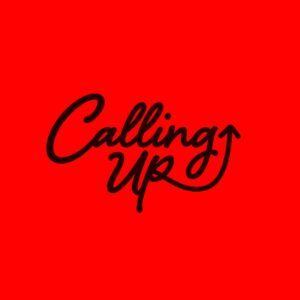This is a Calling Up Justice tutorial video on Performativity and Language. While we share A LOT of vocabulary we firmly believe in walking the walk over talking the talk.
The Calling Up practice is based in concepts of performativity. We look at all behaviors and interactions through the lens and with the vocabularies of performance and intersectionality. After we gain a shared vocabulary, we dramaturgically assess our current practice, rehearse with template scripts, and then devise new ones for future performances.
We are looking at the ways language performs and we use it to perform. Common examples of performative language are making promises, performing a wedding ceremony, or a judge pronouncing a verdict. There is the more legible frame of performance in theater, dance, and digital art. Visual elements and physical space also perform. We examine how identities are socially constructed through commonplace speech acts and nonverbal communications. Power dynamics and resource sharing are defined, maintained and/or transformed through these performances.
Language is a tool we use to communicate and perform with each other. The words we use to describe concepts begin evolving the moment we put them into use. They are refined, more deeply or diversely defined, co-opted, and/or redefined as culture shifts and society grows. There are different contexts in which meaning might shift.
Do not aim to memorize and repeat the “right” words or to police others’ vocabulary. This is missing the forest for the trees. Instead familiarize yourself with concepts in order to build a shared vocabulary and analysis with your community. Always listen to marginalized people and use their preferred language. Communication is a mix of what you are literally saying, what you mean, and how it is received. Below are a small number of resources to inform building your shared vocabulary.
Calling Up Understanding Performativity and Language.pdf
#callingup #language #performativity #understanding #resource

